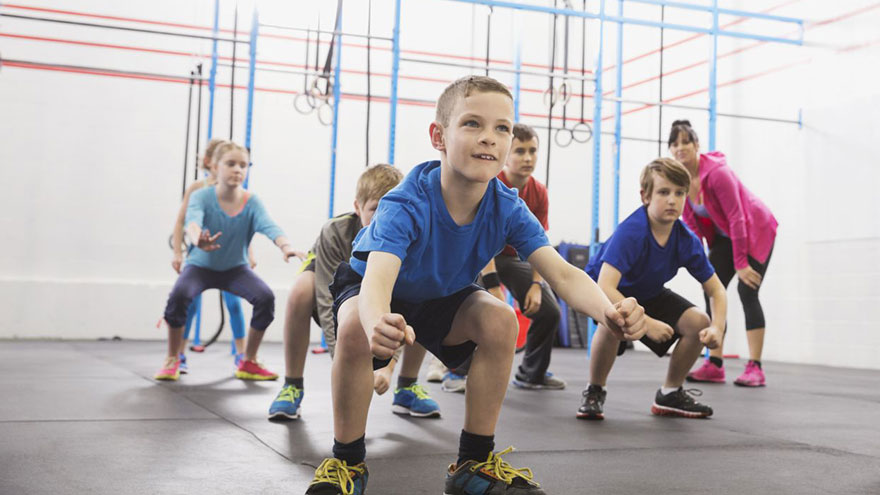
If you want to get stronger, you need to lift progressively heavier things. Like anything you want to improve, the best way to build muscular endurance is to test it, using progressive overload. It's also important if you want your muscular strength to translate to other areas of your life, outside of the gym, where you need to maintain strength output for more than just 1 or 2 reps. So those are two big reasons that science tells us you should care about muscular endurance. There’s a correlation between muscular endurance and better overall health and well-being.įor one thing, studies have found an inverse link between muscular endurance and risk of musculoskeletal injuries (meaning injuries to bones, joints, ligaments, and muscles).īasically, you’re less likely to get injured if your muscular endurance is higher.Īnother study found that better muscular endurance leads to a decreased risk of cardiovascular diseases. Training muscular endurance means you might not necessarily be able to lift more, run/cycle faster, etc - but you’ll be able to do it for longer. Think of it like training for a 1-rep maximum vs training for the total number of reps. But muscular endurance is how long you can generate force for. Strength is how much force you can generate. Muscular endurance is in the middle of the two.

Most people tend to focus on either strength or cardio training at the gym. Muscular endurance is a measure of how long your muscles can keep putting out force before they get fatigued. This is important because better muscular endurance and functional strength mean lower risk of injury, better performance in other athletic activities, and just feeling better and more mobile throughout the day.Īnyone can benefit from having better muscular endurance. As a result, these people tend to have poor functional strength compared to their size and 1-rep max.

A lot of people neglect muscular endurance when they train.


 0 kommentar(er)
0 kommentar(er)
